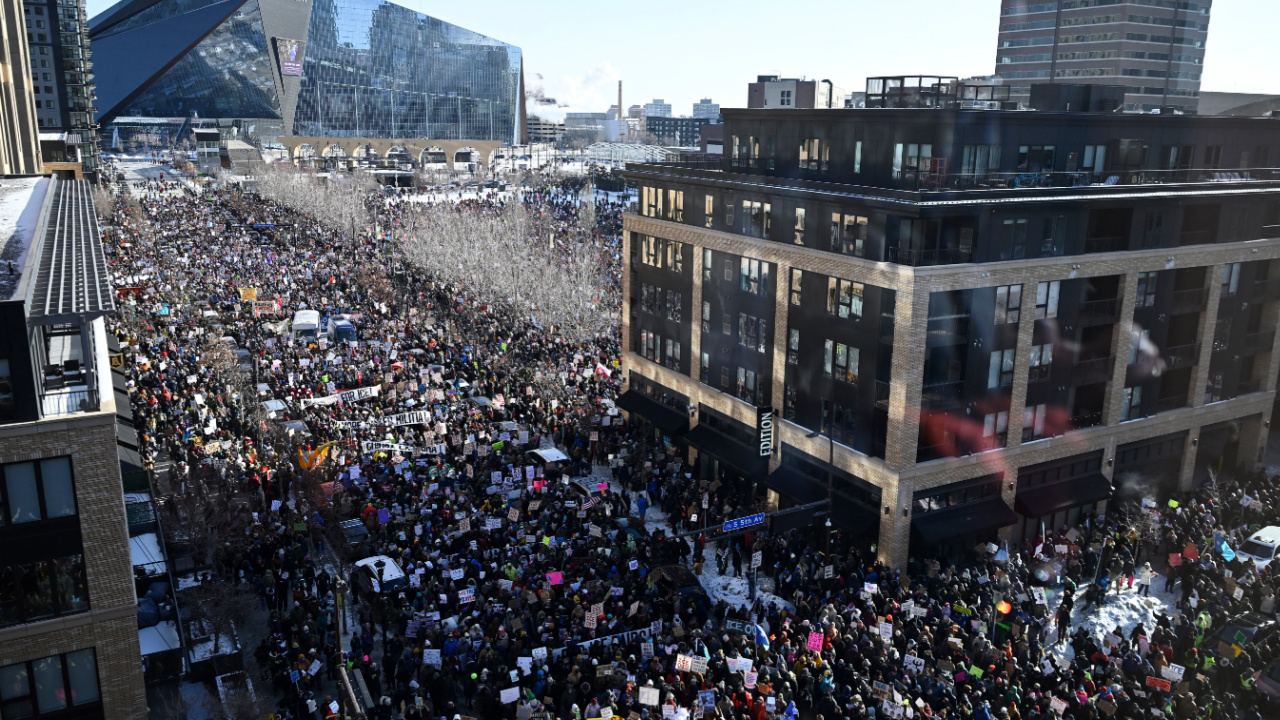How Mexico City Combats Sexual Harassment on the Subway With Women and Children-Only Cars
If you’ve ever used public transportation in Mexico City, you might know one key detail that sets their subway system apart from much of the world.
The buzzing capital of Mexico aims to combat sexual violence on public transport in a very interesting way: by reserving subway cars exclusively for women and young children.
Fascinatingly, Mexico City has a long history of reserving subway cars based on gender. As per El Universal, the city’s metro, which opened for service in 1969, unveiled women-only subway cars by 1970. Lines one and three were the first to do this, assigning two cars just for women.
However, Mexico City’s Collective Transport System made the policy official by 2000. Today, as per a 2021 University of Chicago study, this practice has reduced sexual harassment toward women by 2.9%.
As Mexican activist and subway rider Jimena Soria explained to Al Jazeera, “I think it’s a necessary concept, women have to feel safe when they go to school, work, or the places they frequent.”
Mexico City’s subway policy aims to help women feel safer on public transportation
According to NPR, a 2016 survey showed that 9 out of 10 women in Mexico felt unsafe taking public transportation.
Another study showed that seven out of 10 female passengers in Mexico City said they were harassed when taking the bus or subway.
It is exactly those staggering statistics that Mexico City’s gender-based subway policy attempts to change. In a country where ten women or girls are killed every day, protecting women is indescribably crucial.
According to El Universal, Mexico City’s transport system officially designated women-only subway cars in 2000. That year, lines one, three, seven, eight, nine, and A all reserved their first two cars for women and children under the age of 12.
In 2008, this practice was reserved during rush hours, when subway cars were most crowded. However, as per Rail Target, a big sign on the metro now reads: “Exclusive wagons, all hours from Monday to Sunday.”
As Soria added to Al Jazeera in their video about the city’s women-only carriages: “They should have them every day at every hour because assaults don’t have a schedule.”
Even more, Rail Target states that three cars are now reserved for women and children. Meanwhile, bright pink stickers on the ground show the way.
In a TikTok video, user Fernanda Cortes showed exactly what the women-only subway cars look like and the signs around them. As she pointed out, Mexico City also launched pink buses just for women in 2008.
Controversy surrounding Mexico City’s women-only public transport options
As Cortes explained in her video, Mexico City’s women aren’t forced to take the first cars on the subway. The option is just there for whoever prefers it.
Still, as several women described to Latin America Reports, many do feel safer on the designated carriages. One woman named Marcela Torres explained, “It’s a thing, women really protect that space.”
“I would take them in rush hour or when it was too late,” artist Maria Fernanda Garcia Arteaga added. “So I didn’t feel too vulnerable when smashing between people.”
Speaking from experience, interviewees said few women they knew actually preferred to take the mixed carriages. In fact, Torres said many women would only go the mixed route “if the train arrives and you haven’t reached the front.”
However, not everyone is so convinced about the women-only subway cars’ efficacy. Many people believe this policy serves as a “get out of jail free card” for men.
Feminist artist Lizeth Gamboa told Al Jazeera, “This segregation of a public space normalizes violence. It assumes that men are beings that can’t control their sexual impulses.”
Data is still limited on proving the women-only subway cars’ success in reducing sexual harassment. Moreover, according to NYU’s The Wagner Planner, one Mexico City subway guard “seemed doubtful” that gender-separated cars helped.
Rail Target also mentions “insufficient checks” of the cars. In fact, subway rider Georgina Muciño Martínez once told El Universal that police sometimes “don’t pay attention to complaints” if men get on the women-only cars.
As Garcia Arteaga told Latin America Reports, “I would preferably go to the women’s car although I know in a way that that is not a synonym of space for respect or safety.”




